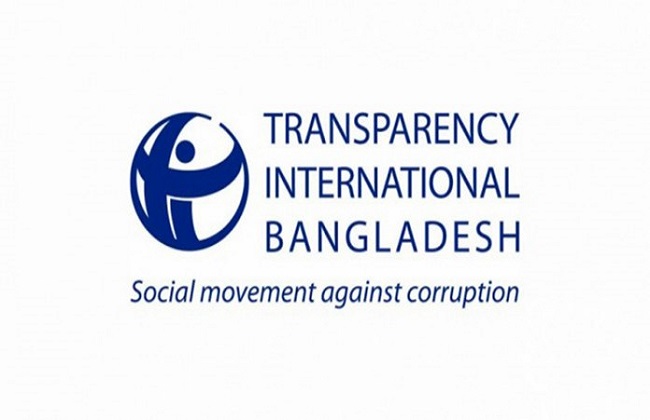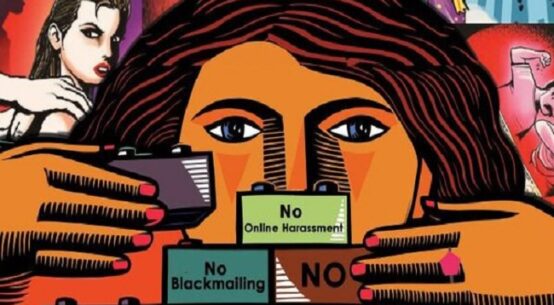
Transparency International Bangladesh (TIB) has suggested the government to prevent tax evasion and money laundering by adopting ‘Common Reporting Standard (CRS)’ tostabilise foreign exchange reserves without burdening the people with foreign debt.
Taking loan from the International Monetary Fund (IMF) and other international institutions is considered normal for stabilising foreign exchange reserves,the graft watchdog body said in a statement on Tuesday.
But the public has to bear the entire burden of repaying such loans along with the interest, it added.
TIB Executive Director Iftekharuzzaman said, “Our question is – to deal with the financial crisis, especially the growing shortage of foreign currency, foreign loan assistance and other ongoing initiatives have been taken with the highest priority of public interest or not! In other words, without increasing the burden of debt on the people, is there an alternative way to be considered?”
In this context, TIB suggested that there is a way open for the government to earn many times more money than the proposed foreign loan annually and sustainably by preventing tax evasion and money laundering at almost no cost.
According to data from Global Financial Integrity, the amount of money laundered through invoice fraud during the 2008-2015 was $8.2 billion annually, which would already be at least $12 billion if data were available to be updated.
Iftekharuzzaman said, “Growing money laundering is a huge challenge for Bangladesh.”
The bulk of money laundering in Bangladesh is organised through misinvoicing or invoice fraud in the import and export trade. As a result, there is massive tax evasion.
It is a legal and moral responsibility for the government to adopt an effective CRS to prevent the large-scale money laundering as well as increase revenue collection, reads the statement.
And it will be helpful in increasing the foreign exchange and national income in a cheap and sustainable manner at a rate many times higher than the one-time proposed international loan of the IMF.
The countries where money is laundered from Bangladesh, even the so-called tax-haven countries or regions are already listed in CRS and are exchanging information, said Dr Zaman.
TIB urged the government to set an example of political will to adopt CRS to tackle the financial crisis in the short term and control tax evasion and money laundering sustainably in the medium and long term.
“We hope that the government will take necessary legal reforms at the national level in addition to the necessary international steps immediately,” he added.
More than 120 countries of the world, including many neighboring countries of Bangladesh, are monitoring all types of banking and financial transaction information of citizens located in the country and outside the country automatically through the CRS, which is an initiative of the OECD formed in 2014 and has been effective since 2017.
CRS has prevented countries from controlling tax evasion and revenue collection at home and abroad on the one hand and ensuring accountability including preventing, identifying and recovering the laundered money through the exchange of information.


